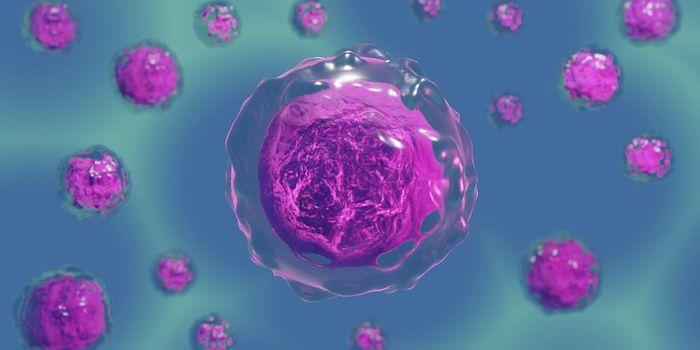Diagnosed: Man Has 29 Pounds of Poop Removed from Colon
For a 22-year-old man in China, feeling perpetually constipated was a way of life. Neither he nor his family thought the condition was serious. But when the man arrived at a hospital with severe stomach distension and weakness, doctors found a massive blockage that, when removed, weighed over 29 pounds.
The anonymous patient reported that since birth, he has never experienced full relief in his bowels, even with the help of laxatives. But 22 years of waste accumulation finally caught up with his body.
At the hospital, doctors found the man’s abdomen to be swollen with the skin severely stretched. “It looked like it could explode at any time,” said Dr. Yin Lu of Tenth People’s Hospital of Shanghai, according to the Daily Star.
Surgeons quickly acted and removed the affected portion of the man’s colon. After the 3-hour operation, the man was short about 30 inches of his colon, and had lost about 29 pounds - all attributed to 22 years worth of poop accumulation. Yes, after over 2 decades of not feeling any bowel relief, the man finally can say that he’s no longer feeling constipated.
Underneath this unusual case is a genetic disorder known as Hirschsprung's disease. This congenital disease occurs when nerve cells are missing in parts of the colon. Lack of nerve cells prevent the normal contractions and relaxations in the bowels, which help force stool through the colon. This is why Hirschsprung's patients are highly prone to blockage, megacolon, and enterocolitis.
Typically, Hirschsprung's disease is often caught early in infancy. The tip off is when a newborn baby fails to pass stool in 48 hours after birth. But not knowing such condition exists, the man’s parents did not find this symptom to be serious. Thus, the man also never knew that always feeling constipated was medically not normal.
Hirschsprung's disease also explains why the man never found significant relief with frequent use of laxatives. These medicines are designed to help bowel movements, but as part of the man’s colon was missing nerve cells, the laxatives never really worked because the basic peristalsis - the involuntary muscle push and pull - was already defective.
So far, the only really effective treatment for Hirschsprung's is to remove the affected portions of the bowels. It’s estimated that 1 in 5,000 babies are born with this condition in the U.S.
But things don’t have to get as bad as this case. Just remember: if you can’t poop for days and can’t find relief, don’t wait 22 years to seek medical attention.
Additional sources: Live Science, Inverse









